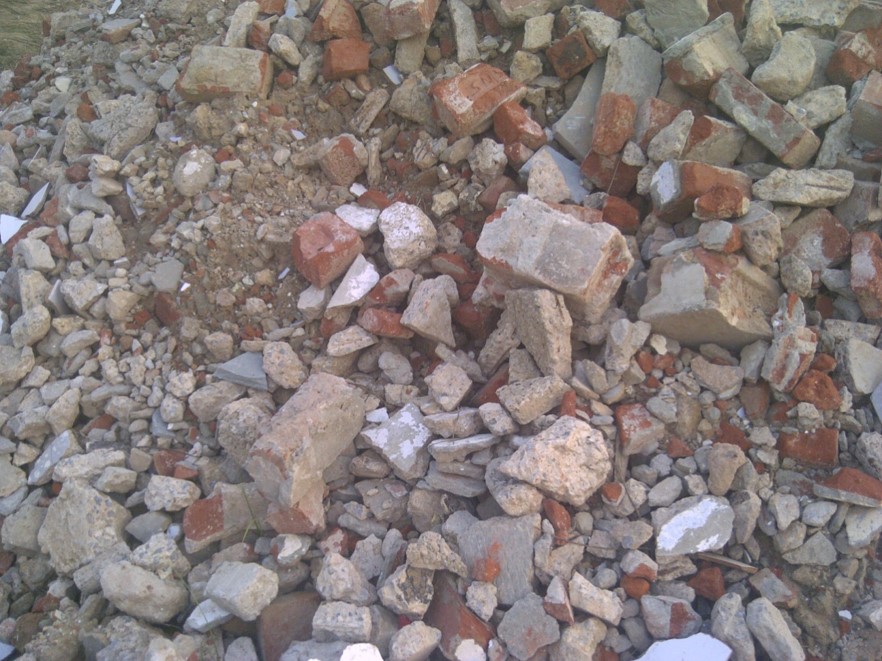Waste Management
ANYTHING Private Limited
Managing solid waste is one of biggest challenges of the urban areas of all sizes, from mega-cities to the small towns and large villages, which are home to the majority of humankind. It is almost always in the top five of the most challenging problems for city managers. It is somewhat strange that it receives so little attention compared to other urban management issues. The quality of waste management services is a good indicator of a city’s governance. The way in which waste is produced and discarded gives us a key insight into how people live. In fact if a city is dirty, the local administration may be considered ineffective or its residents may be accused of littering. Available data show that cities spend a substantial proportion of their available recurrent budget on solid waste management, yet waste collection rates for cities in low- and middle-income countries range from a low of 10 per cent in peri-urban areas to a high of 90 per cent in commercial city centres.
Many developing and transitional country cities have active informal sector recycling, reuse and repair systems, which are achieving recycling rates comparable to those in the West, at no cost to the formal waste management sector. Not only does the informal recycling sector provide livelihoods to huge numbers of the urban poor, but they may save the city as much as 15 to 20 per cent of its waste management budget by reducing the amount of waste that would otherwise have to be collected and disposed of by the city. This form of inclusion in solid waste management shows how spectacular results can be achieved where the involvement of the informal sector is promoted. The struggle for achieving the Millennium Development Goal and related targets for water and sanitation is being waged in our cities, towns and villages where solid wastes are generated. It is at this level that policy initiatives on solid waste management become operational reality and an eminently political affair: conflicts have to be resolved and consensus found among competing interests and parties.
(Extracts from UN Habitat SOLID WASTE MANAGEMENT IN THE WORLD’S CITIES)
Many developing and transitional country cities have active informal sector recycling, reuse and repair systems, which are achieving recycling rates comparable to those in the West, at no cost to the formal waste management sector. Not only does the informal recycling sector provide livelihoods to huge numbers of the urban poor, but they may save the city as much as 15 to 20 per cent of its waste management budget by reducing the amount of waste that would otherwise have to be collected and disposed of by the city. This form of inclusion in solid waste management shows how spectacular results can be achieved where the involvement of the informal sector is promoted. The struggle for achieving the Millennium Development Goal and related targets for water and sanitation is being waged in our cities, towns and villages where solid wastes are generated. It is at this level that policy initiatives on solid waste management become operational reality and an eminently political affair: conflicts have to be resolved and consensus found among competing interests and parties.
(Extracts from UN Habitat SOLID WASTE MANAGEMENT IN THE WORLD’S CITIES)
Solutions

Solid Waste Management
Waste management is a major challenge worldwide. In India, the problem is aggravated by several trends which are unique to the country: huge population, mega cities, a high rate of population growth - higher than other developed countries, rising standards of living and consumption patterns, accelerated building and industrial activity and one of the highest population in the world.

C&D Waste Management
ANYTHING Private Limited provides a variety of solutions based on its soil stabilization technology.
One of the solutions that ANYTHING Private Limited provides is recycling of Construction & Demolition Waste Material (C & D Waste) or Tunnel Boring waste into building materials manufactured.
One of the solutions that ANYTHING Private Limited provides is recycling of Construction & Demolition Waste Material (C & D Waste) or Tunnel Boring waste into building materials manufactured.
